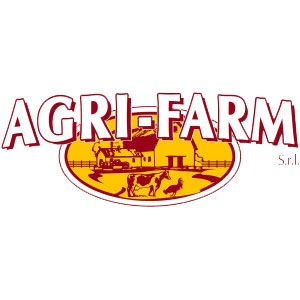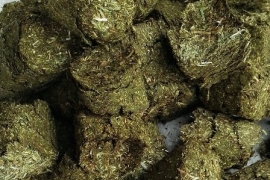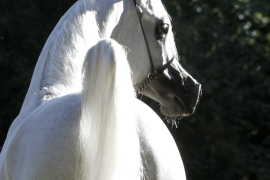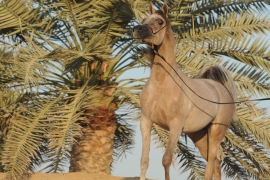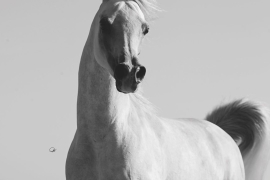Below is a short guide to the various types of fibrous foods that can be given to horses: grazing grass, hay, ensiled foodstuff, straw, molichaff, artificially dried grass, enriched forage and complete foods.
Ensiled foodstuffs are preserved thanks to the absence of oxygen (anaerobiosis) and to their acidity caused by the fermentation by bacteria producing lactic acid. On the market you can find ensiled foods for humans (for examples sauerkraut, which is ensiled cabbage) and for horses. With regards to animals, the most frequently ensiled product is maize: ensiled maize is in fact at the basis of cattle feeding. As for horses, ensiled foodstuffs can be used but precedence should be given to the less acid ones. That is why there is a tendency to allow grass to ferment after a drying period which will have reduced its water quantity by about 50%. This obviously alters the fermenting process (e.g. some alcohol is produced) but guarantees a good preservation.
Ensiled foodstuffs must be kept in airtight containers (plastic bags or other special films) otherwise anaerobiosis – one of the two conditions for an ideal preservation – will be lost. Once opened, ensiled food must be consumed within a short time (a few days). If opened accidentally (caused, for example, by mice or punctures with a pitchfork), it will mold.
On the market you can find pre-dried ensiled grass for horses (mainly perennial rye-grass). This is usually without mold and its composition is stable enough, they are good products and represent the basis of the feeding of horses suffering from respiratory allergies caused by molds. Their use, however, requires a total review of the food quantity to be given.
Horses can eat between 6 and 15kg and more of ensiled food a day. They seem to like these foodstuffs (especially pre-dried ensiled grass with the considerable exception of alfalfa and legumes in general), despite their pungent smell that puts off some horse owners.

